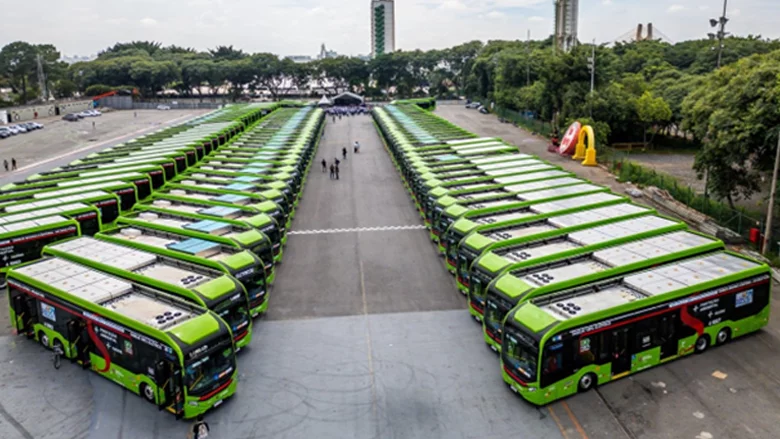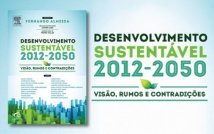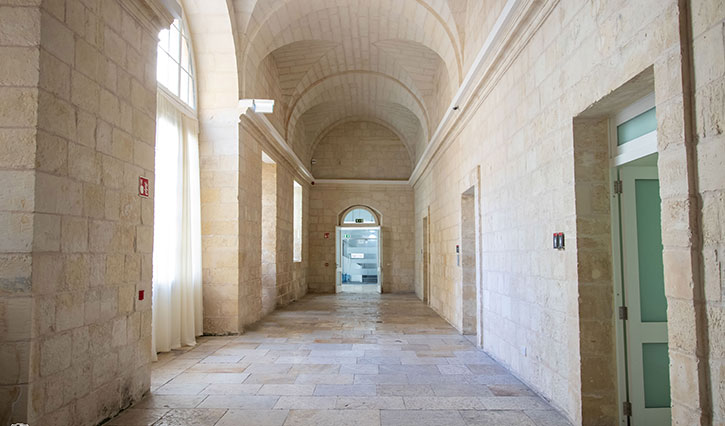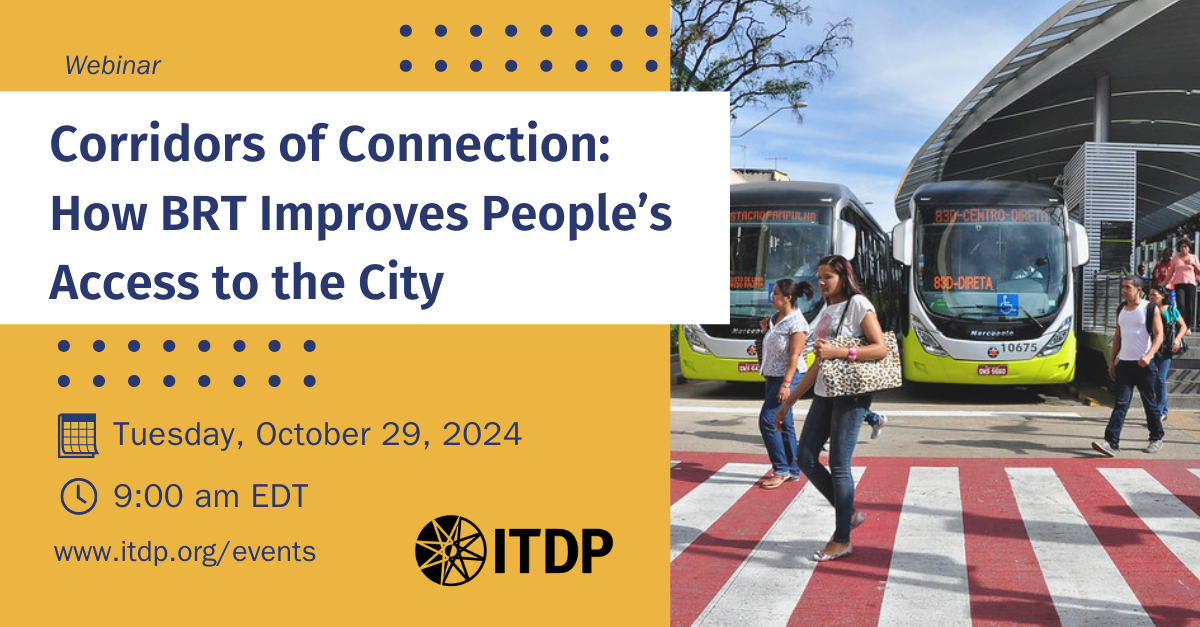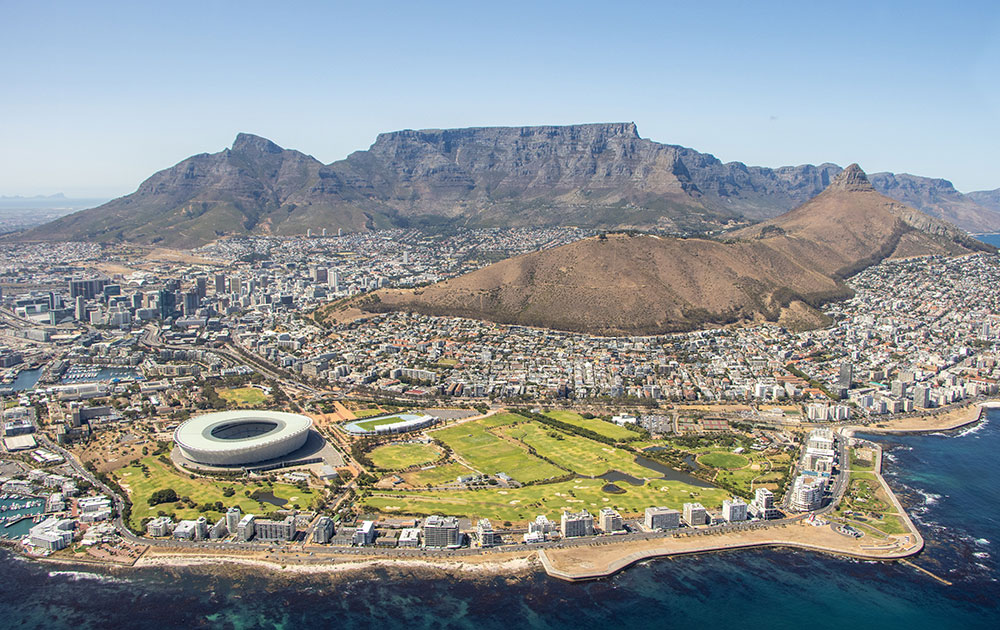Source: EMBARQ
Photos: Mariana Gil / EMBARQ Brazil.
More than a year ago, engineer Fernando Almeida began convening 19 experts in various fields of sustainability to publish Desenvolvimento Sustentável 2012-2050: Visão, Rumos e Contradições («Sustainable Development 2012-2050: Vision, Ways and Contradictions.») The collection was launched on June 15 in Rio de Janeiro. The book is marked by a transdisciplinary approach to issues such as environment, climate, economy, transportation, and others, all issues relevant to discussions on the agenda at Rio+20.
Between pages 175 and 193, the reader will find the chapter «Sustainable Transport in the Urban Century», by Director of EMBARQ Brazil and member of our Centre Luis Antonio Lindau, the former president of the World Resources Institute (WRI) Jonathan Lash, and political scientist Jacob Koch.
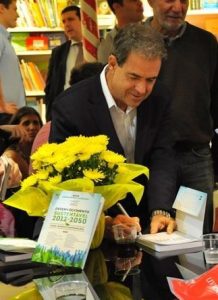 The night-time launch was attended by Director of EMBARQ Holger Dalkmann, as well as EMBARQ’s Chief Operating Officer Clayton Lane, EMBARQ Brazil’s Director of Strategic Relations and Development Rejane D. Fernandes and former mayor of Bogotá (1998-2001) Enrique Peñalosa.
The night-time launch was attended by Director of EMBARQ Holger Dalkmann, as well as EMBARQ’s Chief Operating Officer Clayton Lane, EMBARQ Brazil’s Director of Strategic Relations and Development Rejane D. Fernandes and former mayor of Bogotá (1998-2001) Enrique Peñalosa.
Below is an excerpt from the conclusion of «Sustainable Transport in the Urban Century»:
Cities are at a crossroads in our battle against poverty, climate change and environmental degradation. We have a choice to make. We have before us two paths. The cities can be the engine of change and transformation and point the way towards a sustainable future; a life with low greenhouse gas emissions and continued prosperity. Or cities can lead to consumption patterns that pollute, irrevocably destroy and hurt our fragile planet and increase the gap between rich and poor.
The carbon footprint of people living in cities served by a system of high-density, mixed transportation is smaller than those living in regions that depend on the car to get around. They are also happier, richer and safer. Where you live determines your lifestyle and your environmental impact.
Are Brazilian cities ready to face the challenges and make the right choices for a sustainable future? Are they ready to compete with other cities in the world for international investments? Or will chronic lack of infrastructure prevent the expected growth? Will local governments obtain the technical capability and expertise to plan and implement complex transportation projects? Where will the next ideas to push the city forward come from? Who will propose the next innovation in sustainable transport?
The short-term thinking prevalent among politicians concerned with the next election will not be enough. Without the voice of the people demanding policy decisions promoting sustainable transport, it is unlikely that the current situation will improve.
Cities need to inspire a leadership dedicated to planning long-term sustainability to receive the permanent changes they need.
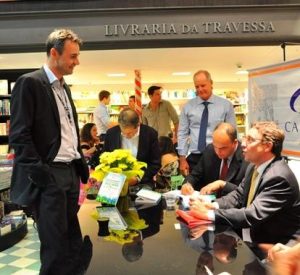
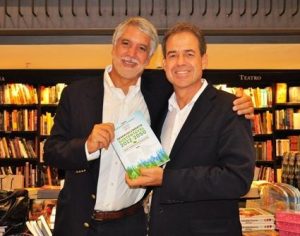
¿Comments? ¿Opinions? ¿Similar News? Send them to us!
